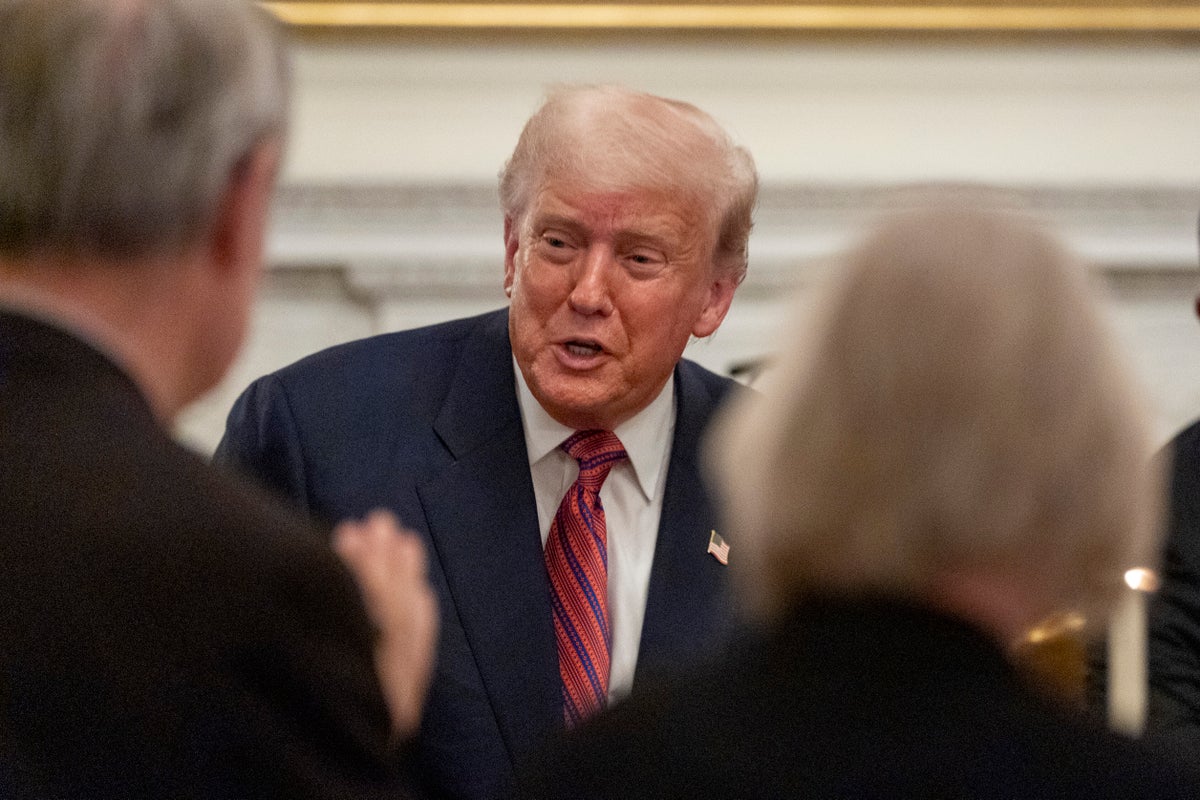Harvard’s Legal Battle with the Trump Administration
Harvard University is currently facing off against the federal government in a high-stakes legal battle. The university is in federal court, arguing that the Trump administration illegally cut $2.6 billion from its funding. This case marks a significant moment in the ongoing dispute between the university and the government.
If U.S. District Judge Allison Burroughs rules in favor of Harvard, it could reverse a series of funding freezes that eventually became outright cuts. Such a decision would have far-reaching implications, potentially reviving Harvard’s extensive scientific and medical research operations and hundreds of ongoing projects.
The lawsuit alleges that the administration launched a retaliation campaign against the university after it rejected demands outlined in an April 11 letter from a federal antisemitism task force. Harvard has taken steps to self-fund some of its research, but even with the nation’s largest endowment at $53 billion, the university has warned it cannot fully absorb the financial impact of the cuts.
Federal agencies argue that grants can be terminated if they no longer align with government policies. In court filings, Harvard has criticized the government for failing to explain how ending funding for research on cancer treatment, veteran support, and national security addresses antisemitism.
The Trump administration denies that the cuts were made in retaliation, stating that the grants were under review before the April demand letter was sent. It maintains that the government has broad discretion to cancel contracts for policy reasons.
Legal Arguments and First Amendment Concerns
During the hearing, Harvard’s lawyer, Steven Lehotsky, argued that the Trump administration violated the university’s First Amendment rights by cutting more than $2.6 billion in federal funding. He claimed the government conditioned research grants on Harvard, effectively ceding control over what is appropriate for students and faculty to say.
This legal challenge highlights the tension between academic freedom and government oversight. Harvard contends that the funding cuts are not just about policy but also about limiting the university’s ability to conduct research and express ideas freely.
U.S. Support for Syria and Regional Tensions
In another development, a U.S. envoy has reaffirmed Washington’s support for Syria’s new government, emphasizing there is “no Plan B” for working with it to stabilize the country. Tom Barrack, the ambassador to Turkey and special envoy to Syria, criticized Israel’s recent intervention in Syria, calling it poorly timed and complicating regional efforts to achieve stability.
Barrack highlighted the recent clashes in Syria’s southern province of Sweida between Druze and Sunni Muslim Bedouin militias. Syrian government forces intervened, ostensibly to restore order, but ended up siding with the Bedouins before withdrawing under a ceasefire agreement with Druze factions. The conflict has resulted in hundreds of deaths, with reports of government fighters allegedly shooting dead Druze civilians and looting homes.
Israel’s intervention last week on behalf of the Druze, who are seen as a loyal minority within Israel, has further complicated matters. Israel launched strikes on government convoys in Sweida and targeted the Ministry of Defense headquarters in Damascus. A ceasefire between Syria and Israel was announced over the weekend, with Syrian government forces redeploying in Sweida to prevent renewed clashes.
Trump’s Stance on NFL Team Names
Meanwhile, former President Donald Trump has threatened to hold up a new stadium deal for Washington’s NFL team unless it restores its old name, the Redskins. Trump also expressed a desire for Cleveland’s baseball team to revert to its former name, the Indians, citing a “big clamoring for this.”
The Washington Commanders and Cleveland Guardians have used their current names since the 2022 seasons and have stated they have no plans to change them back. Trump claims the Washington football team would be “much more valuable” with its old name. His comments reflect a broader effort to roll back changes that followed a national debate on cultural sensitivity and racial justice.
The Commanders and the District of Columbia government recently announced a deal to build a new stadium at the site of the old RFK Stadium. This development underscores the ongoing debate over the significance of team names and their impact on cultural representation.
The Independent’s Commitment to Free Expression
The Independent stands for many principles, often uniquely so. It remains independent of political party allegiance and makes its own decisions on the issues of the day. The newspaper has always been committed to challenging and debating important topics. Since its launch in 1986, it has run campaigns on issues ranging from the legalization of marijuana to the Final Say Brexit petition. Its dedication to free expression and independent thought continues to shape its editorial stance.







